|
Each of us together makes Piedmont work - this post is about us respecting the contribution of each of the different styles, we are like different chefs. 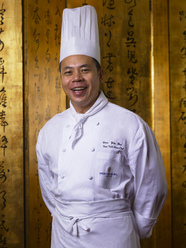 Here at Piedmont we are pretty awesome at sharing the load according to our own passions and what we are each best at. For example, I just ended an awkward sentence with a preposition and now someone from the ELA department will offer to help me edit future blog posts next time they stop in for a chocolate. ) There is something magical about watching an artist at work and that is exactly what I do around here daily -watch and marvel at your diverse artistry. I watch as you plan, haggle, teach, interact with students, direct traffic, handle medical emergencies, complete paperwork, etc. and sometimes it is the same person on the same day doing each of these with aplomb! We all have our gifts and rather than be a cookie-cutter school, we shape the menu by contributing our best dishes to the table of education. 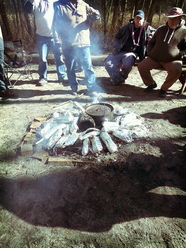 We are all like chefs in teaching. We are trained in our techniques and we all need each other for a well-balanced meal/school but we should not judge one chef's work as good an another's as bad based only on our tastes or cooking philosophy. If we waste precious energy judging the sushi chef-saying "how can they be so lazy not to fire up an oven? they serve raw food!" then we are missing their gift entirely (and also being disrespectful of their training- do YOU know how to remove puffer poision? I didn't think so.) What about the fry cook? Don't blame them that they are not serving molecular gastronomy when if you were in their situation you have no idea how soggy your fries would be. You may think fries aren't very important in the big scheme of things, but have you ever had soggy fries? It is sorely disappointing, my friend. You might think I've gone too far with this cooking metaphor, but we are like that here a little bit. We form teams by grade, by content area, by early riser versus rolling in at 8:30 we all JUST A LITTE BIT judge each other sometimes and we need to stop and appreciate. That person you think is too gruff with the kids is also first one that the abused sought the protection of and felt secure enough to confide in. That person who is not following the curriculum pathway you think they should - their class kept a student from dropping out. You see where this is going, right? That person who is driving you crazy because they don't value x as highly as you do - they can teach the heck out of y -way better than the rest of us could. 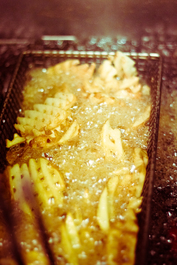 We are all cooking up a beautiful meals in our rooms- different according to each chef. Some of us struggle making healthy menus. Some of us have well balanced meals but struggle with plating it in an appetizing manner. We can't help minimize each others' weaknesses if we are busy blaming the cook for not being more like ourselves. Shout out to all of you - I admire you! I'm sorry I judged your cooking and I learned my lesson when you judged mine. -Lisa PS:All these examples are made up but this post was actuallly written at the request of a coworker who is feeling judged and unappreciated and like others don't see all they do- and they are right, we don't! Who is it? They told me not to say. Maybe it is the next person you see in the hallway. Pretend like it is. Related: More of me using food metaphors to discuss education: the State of Education in Cake. More of you being amazing - Celebrating Piedmont.
0 Comments
Latest Piedmont PD News includes info on National Board Certification, Discovery Place's professional development offerings for teachers, new quick PD's on handy efficient tech tricks to save you time and storage space: like the quickest way to upload to Google Docs, how to convert and embed a powerpoint, How to make a QR CODE ,chromebook and computer troubleshooting info, etc Other Ed News from Around the Web:
Big Philosophical idea of the week:
Update: See this recent Edweek article by Alfie Kohn for one study pointing to why "grit" is misguided ! 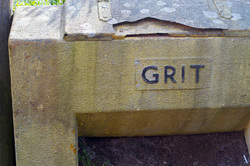 "It's not so much teaching kids to have grit as it is helping them discover what they're willing to be gritty about." Here in Charlotte, a group of citizens gather informally to discuss important issues. I was invited to attend their session of the topic of that dreaded buzzword "grit." What follows are my thoughts after the discussion, which I am publishing here to share the conversation and see if we can move our definition forward. I am not sure grit exists-- what we call grit is either talent, stupidity (ignorance of the odds) , selfishness, greed or endurance. Someone in the group discussion mentioned that the Nazis had grit. If you search the hashtag "grit" on Twitter, you see a lot of folks posting how strong they or someone else is at sports or academics but I think this is actually just cultivation of talent in many cases. Or talent + endurance in varying measures. Many folks in the roundtable (myself included) described issues of personal talent and endurance as grit. I think the personalization of the stories proves we all have grit, every one of us, in some areas. That explains the quotation that begins this post. Grit can be taught by example, but not by instruction. The gentleman next to me touched on that when he said we need to teach the tough stories in African American and Indian history. He reminded me of a study that found that telling children about the failures of great scientists and mathematicians caused kids to get higher scores than another group that was only taught about the accomplishments of those great achievers. Given the point above, teachers should not only teach the "tough stories" of their curriculum, but also model grit personally, be metacognitive out loud about how they move past setbacks daily as well as in "big life events"(childhood difficulties, academic roadblocks, personal and career challenges) I do this naturally because I am super open: I teach grit by making what is usually hidden visible. Some teachers are afraid to do this because they are afraid of being too human is a sign of weakness. Those teachers are necessary in education, too, because children see them as rocks and like knowing someone so protective, like knowing a superhero. Maybe we adults in children's lives can teach grit both ways, by being larger than life ("my dad never cried", "my mom worked 3 jobs to provide for us") and by being very lifelike ("that grownup looks so together but has overcome the same things I am struggling with so I guess I can rise above, too"). My husband, as an engineer, is really interested in finding precision in words. He came up with this definition of grit: " Grit is the ability (and willingness) to move past your comfort zone and remain there until you are comfortable." ...to start something and be awful at it (removing talent from the equation) and to endure until you have competence. Questions remain: is it smart to do this in all areas, would it not be more efficient to focus on a few areas and if so should that be decided by a parent a teacher the student him or her self or some larger social institution? I'd kind of like to work these words into the definition as well: "bodaciousness" (ignorance, passion) and "mad dog mean" (talent, driven, passionate) from an older gentleman who I was so happy was part of the conversation. What a force of history! I am interested in what people might say about grit in relation to the woman in this story. Is she weak? A failure? Entitled? Is there grit in this story? http://www.huffingtonpost.com/bridget-allen/my-value-autism-feminism_b_4297914.html Thanks for thinking about this with me. 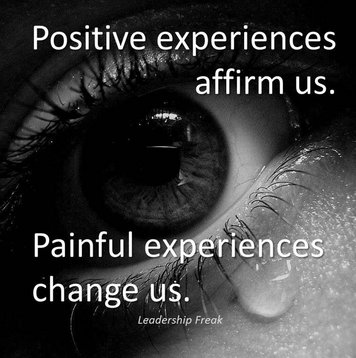 In which I share with you my most crushing teacher moment: A lot of the ed world is talking about how valuable failure is to students who have a growth mindset, and how we educators shouldn't protect students from this growth opportunity. I want to talk to you about the value of your own failures, too, and how we can use them to make us better teachers. Let's start with one of my many cringeworthy teaching moments that changed me for the better. It happened 19 years ago and I remember it like yesterday. It was the last day of school my first year at Piedmont. I was maybe in year 6 of my teaching, I loved my school and students, and I had hit my stride. I was no longer floundering, I was so effective, so clever, so sure that I was changing each one of my students' lives for the better. "They are so lucky to have had me instead of a more dull teacher", I may have thought as my students filed out for the summer. One student, an honors student, a popular and attractive girl, hands me an envelope from her mom. "Oh how nice, a handwritten thank you" I may have thought. When I opened the business-style trifold letter from her mom, I read three pages of how a throwaway sarcastic joke I had made in October crushed this girl and made her secretly resent me for the rest of the year. The mom described to me in detail how the child had come home and cried because of my callous choice of words. I remembered the incident. It happened when the student couldn't locate a word on a page (I had assigned a worksheet--even worse!) The word was right in front of her and I pointed to it and ....now I am too embarrassed to even write what i said but I called her a name one middle schooler might call another middle schooler when they make an obvious mistake. I chuckled. She laughed probably, we moved on. Now I am staring at pages of complaint. This mom has waited until the last day of school to let me know how I hurt her daughter. I am crushed. I pen a reply and put it in the mail within hours. Pages of reply, heartfelt apology, sincere compliments. "I would never have said it if I truly thought that about your daughter, ma'am. It is because it seemed so obvious that she is brillant that I made the ridiculous insult. Please let her know...." I never heard back. It is one of the most painful lessons of my teaching career. I hurt a child with my callousness. I need to be more careful. This job is no joke. That was when I got rid of sarcasm and I am a better teacher for it. I've since heard from others that there is no place for it in a shared inquiry environment and I totally agree. Others use it and they feel it works. I am not sure. All I know is that I will never do it again. The incident made me a better teacher. Maybe you have a story like this, a big embarrassing teacher fail. You're not alone. We all grow through pain. The Celebrating Piedmont blog is all about affirming your great teaching moments. I want you to know that your "crawl under a rock moments" are useful and necessary for growth, too. This is a link to another reflective teacher's cringworthy moment. We all have had them and we are all moving forward together! |
Search This Site:Search this site: Use a Google search, type the words you are looking for and append the phrase "piedmontpd.weebly" to the search.
AuthorLisa Gurthie is the PD facilitator at Piedmont IB Middle School. She specializes in tech and arts integration, interdisciplinary holistic education, and unschooling school to reconnect academia to real life. One day she will modernize her "about" page. She curates this blog for the professional development convenience of the teachers at Piedmont, but the editorial comments are her own. Categories
All
Archives
February 2018
|
Photos from bixentro, vernieman, charlie llewellin, jonseidman1988, The Daring Librarian, F@NCY N@NCY, tom@hk | 湯米tomhk, infomatique, Half Chinese, CERDEC, Leshaines123, OnTask, TheSeafarer, Pink Sherbet Photography, tracilawson, cogdogblog, fran.trudeau, John-Morgan, desertdutchman, JD Hancock, Leap Kye, stuartpilbrow, Jeff Kubina, Helga Weber, FloydFotography, stvcr, katerha, chefranden, escritorio47, Enokson, kevin dooley, opensourceway, theycallmebrant, Dougtone, wuestenigel, larry&flo, Fat Elvis Records, ninacoco, libertygrace0, Yuri Yu. Samoilov, basheertome, prettyinprint, goingslo, opensourceway, BeauGiles, marfis75, Ömer Ünlü, InterContinental Hong Kong, Mike Licht, NotionsCapital.com, cathyse97, Search Engine People Blog
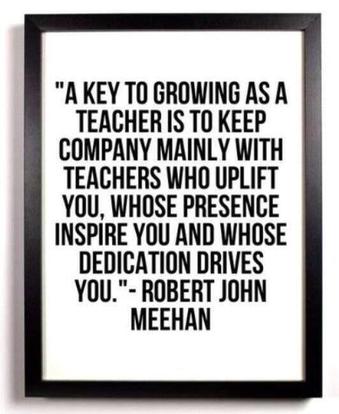
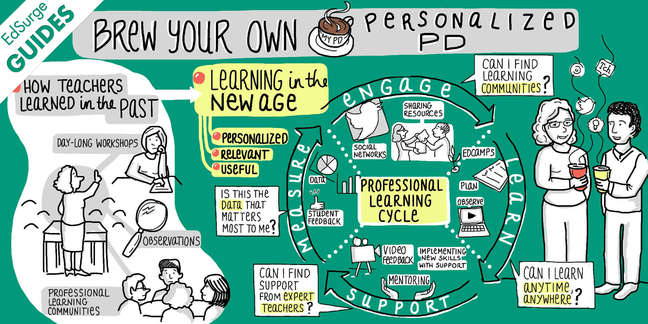
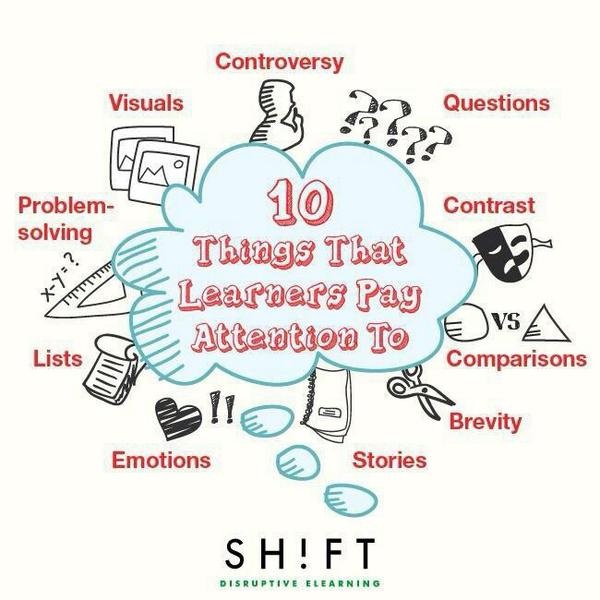
 RSS Feed
RSS Feed
